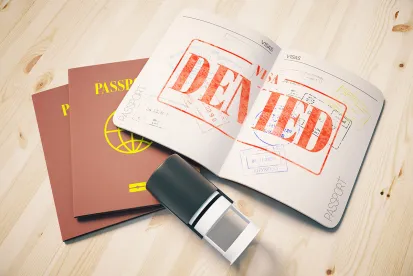One of the themes of this year’s USCIS Ombudsman Annual Report is that the agency has been through “a year like no other.” USCIS faced “unprecedented challenges.” With the COVID-19 pandemic came temporary office closures, reduced capacity, and budget cuts. This led to previously unseen levels of backlogs and deepening financial problems, according to the report.
The staff of the USCIS Ombudsman fields requests for help (as an avenue of last resort), is a force multiplier in disseminating immigration information, and gives recommendations to the USCIS about ways to improve services.
According to the report, USCIS made changes to adapt to COVID-19 to increase efficiency that may well continue: expansion of electronic filing and processing capabilities, increased outreach to stakeholders, and improved coordination between USCIS and other government agencies.
The report focused on the need for USCIS to speed up its transition to a digital environment. Initiated 15 years ago, the transition has been slow. As a result, during the pandemic, employees had problems accessing and returning paper files, and the lack of product lines that could be fully processed electronically added to the backlogs.
Another major issue that was exacerbated by COVID-19 is USCIS’ financial insecurity. Because the agency depends solely upon fees for revenue, the resources available to it can be unpredictable. During the COVID-19 pandemic, when the number of filings dropped, major furloughs were threatened. USCIS managed to avoid furloughs by instituting other budget reductions. USCIS used premium processing fees for operations (generally, those fees must be set aside for the digital environment project). Congress passed legislation that would allow USCIS to add more types of cases to premium processing (including I-765 Applications for Employment Authorization). The agency has not instituted those because it does not yet have the staff to accommodate the timelines. While it may take years for USCIS to re-achieve full staffing (after a hiring freeze), the report noted that more premium processing eligibility can be expected.
Moving forward, the Ombudsman recommended USCIS continue some of its pandemic policies:
-
Expansion of remote work, prioritization of online filing, and expansion of the digital environment project
-
Generous interview waiver policies
-
Drive-thru naturalization oaths
-
Reuse of biometrics
-
Remote appearances of attorneys and other representatives
-
Creation of more e-tools
-
More public engagement




 />i
/>i

